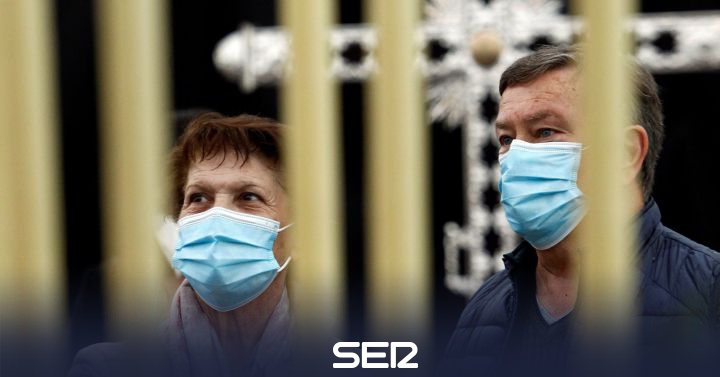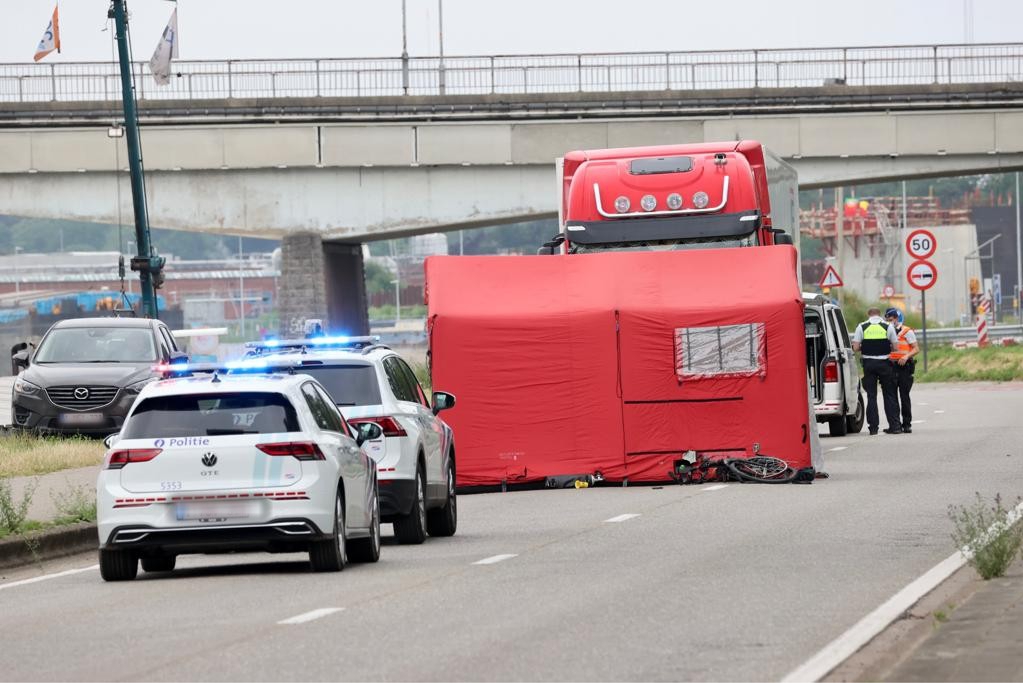The perimeter closures of autonomous communities and provinces, and the restrictions of hours of the hotel industry, adopted to stop the spread of the virus, They have ended the few hopes that the tourism sector had in Easter after the bolt by the state of alarm in last year. A season that represents about 15% of the annual turnover of tourism companies and that, unlike others, depends precisely more on the national tourist.
The hotels plan to have an average occupancy of between 20% and 25%. This is the case of Andalusia, and of the cities of Castilla y León or Aragón. “It is a very important week in terms of billing, and very beautiful for the city because People come to us from all the cities of Spain, and this year it will not be like that”Says Francisco Posada, president of Valladolid hoteliers. In Zaragoza, “a negative historical figure” is expected. “This level of occupation had never been reached,” says Antonio Presencio, head of the HORECA association. The scenario is similar in Madrid. “Now we are with occupancy levels that do not reach 30% and in 2019 we were around 87% at Easter “, explains Mar de Miguel, vice president of Madrid hoteliers. And in another capital, Santiago de Compostela, this year the occupancy is close to 15%, although in other areas of Galicia such as Ribeira Sacra (Ourense), Rías Baixas, Ferrol and Viveiro it exceeds 50%.
The hotels with the worst occupancy rates are those in La Rioja, where, according to its president, it stands at 10%, and those in Asturias, with 0%. In the principality the closure of hotels, rural houses and campsites was decreed, and the only tourists who can travel are those who move and sleep in motorhomes.
The best figures are recorded on the beaches. In Murcia, the president of Hostetur, Soledad Díaz, hopes that some Costa Cálida hotels reach more than 80% occupancy these days, and ensures that there are hotels with a spa that are almost full. 75% are expected to be on the Costa Brava (Girona).
In Mallorca the hotels will be half full, but only with 13% of the establishments open. The same happens in Benidorm: “It will be the second worst Easter in history. The first was last year, when we were 100% closed. This year: 10% open and 90% closed ”, comments Toni Mayor, president of the Valencian Community Tourist Board.
Rural tourism boom
With a tourist who cannot leave his community or his province and who flees from the crowds, the best occupancy levels this Easter are recorded by rural accommodations. In the Pyrenees they will touch 90%. Many residents of Pamplona and Barcelona have chosen to travel there these days and they will compensate for the free places left by tourists from other regions who traditionally spend these holidays in the Catalan and Navarrese Pyrenees.
In the Basque Country, rural accommodation is 85% full, according to Idoia Ezkurdia, manager of rural tourism establishments in the Basque Country. In part, thanks to finally The Basque Government has allowed people who had made reservations before April 5 to travel for tourism in closed municipalities. They also register good data in destinations in Castilla-La Mancha. “We thought that things would be weaker due to the limitations, because our visitors are many people from Madrid. And the opposite has happened, both in accommodation and in the restaurant, we are having many visits”, Says Luis Daniel Rodríguez, director of the Lincetur Rural Tourism Center in the surroundings of the Cabañeros National Park (Ciudad Real).
In Extremadura, rural tourism is imposed on the urban one with attractions such as cherry blossoms in the north of the region, which will be the most visited region these days. And unequal figures in Teruel: the Matarraña region exceeds 80% occupation, while that of Gúdar-Javalambre, where Albarracín is, barely reaches 15%.
Economic impact
The Balearic and Canary Islands, the autonomous communities with the greatest weight of tourism, and of international tourists, in their economy, are the most affected by this Easter with limited mobility. With hardly any international travelers and with the closure to national tourists, in the Balearic Islands they have seen some light at the last minute with the local tourist. Lhe reservations to travel between Mallorca, Menorca, Ibiza and Formentera have skyrocketed after the Government decided not to close the islands to residents. Of the nearly 5,000 air and sea seats available to travel between islands these days, about 80% will be covered.
The opposite has happened in the Canary Islands. The forecasts pointed to occupations of up to 50%, but the obligation to present a PCR or negative antigen test to move between the islands has increased cancellations. “With the requirement of PCR tests to travel between islands and restrictions on all national tourism, in general it has been a rather disastrous week”, Says Javier Martín, manager of the Canary Islands Vacation Rental Association.
The Tourism entrepreneurs give Easter for lost and they foresee a drop in billing of more than 70% compared to the campaigns in years prior to the pandemic. “A total perimeterization in Spain makes it difficult, if not to say that it prevents, any hope that there is a minimum demand that justifies a minimum profitability”, says José Luis Zoreda, vice president of the Exceltur employer association, which brings together a score of the large companies in the sector. “At most it can be 20%, or 25 at the most, of what was Holy Week in 2019”, He concludes. Tourism entrepreneurs hope that the recovery will begin in the summer and for this they consider it essential that the goal of having vaccinated 70% of the population by then be met.
The iframe code has been copied to the clipboard
–
–
Information collected by Cadena SER radio stations in Andalusia, Aragon, Asturias, Balearic Islands, Canary Islands, Catalonia, Castilla-La Mancha, Castilla y León, Comunitat Valenciana, Extremadura, Galicia, La Rioja, Madrid, Murcia, Navarra and the Basque Country.
–


